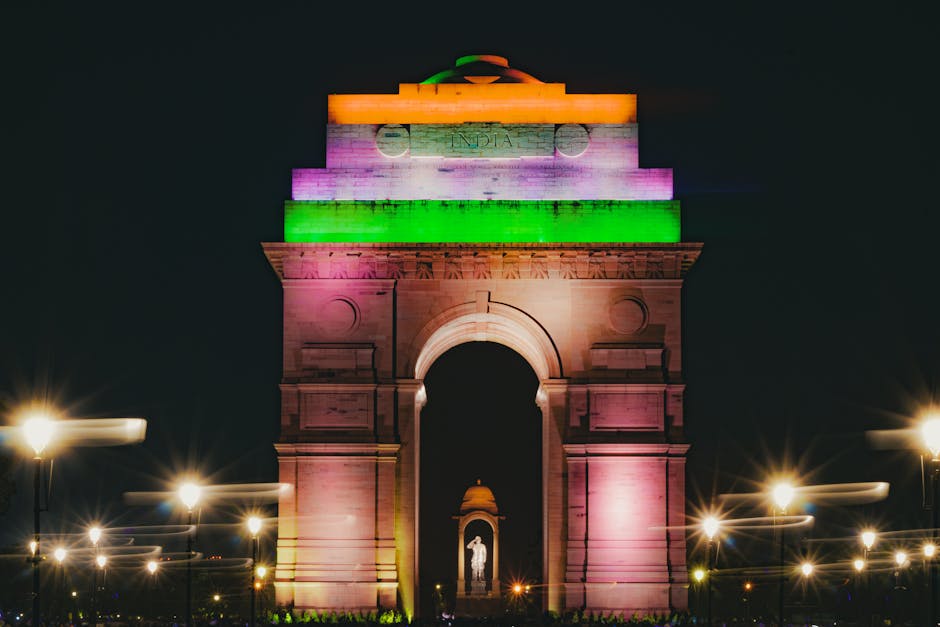BJP and Jamiat Clash Over Delhi Blast Investigation
New Delhi – A political firestorm has erupted in the capital after the Bharatiya Janata Party (BJP) launched a blistering attack on Jamiat Ulama-i-Hind president Maulana Arshad Madani. The ruling party accused Madani of deliberately giving a “communal colour” to the ongoing investigation into a recent low-intensity blast in Delhi.
The controversy stems from comments Madani made while discussing the Jamiat’s decision to provide legal aid to suspects detained in the case.
What Did Maulana Arshad Madani Say?
Speaking to the media, Madani linked the arrests in the terror probe to what he described as broader systemic discrimination against Muslims in India. He made a sweeping statement to illustrate his point:
“The situation is such that Muslims cannot even become a Vice-Chancellor,” Madani stated, suggesting the arrests were part of a larger pattern of prejudice faced by the community.
BJP Hits Back: An Attempt to Shield Terror Suspects
Madani’s remark was immediately condemned by the BJP as a classic case of “appeasement and vote-bank politics.” In a press conference, senior BJP spokesperson Gaurav Bhatia accused the Jamiat leader of attempting to demoralise India’s investigative agencies.
“At a time when our agencies are working diligently to protect national security, leaders like Madani are busy shielding terror suspects and playing the victim card,” Bhatia declared. “To link a terror investigation with the appointment of a Vice-Chancellor is not only absurd but a malicious attempt to communalise a matter of national security.”
The BJP argued that terror has no religion and that viewing a criminal investigation through a religious lens is a disservice to the nation and an insult to the integrity of police and intelligence services.
Jamiat’s Defence: A Fight for Justice, Not Terror
From the Jamiat’s perspective, the intervention is about upholding justice and preventing the wrongful persecution of innocent individuals. The organization has a long history of providing legal assistance to Muslims accused in terror cases, many of whom have later been acquitted by the courts.
They argue that Madani’s comment about the Vice-Chancellor was a metaphor for the glass ceiling and suspicion the Muslim community faces. The Jamiat contends that a “guilt by association” narrative is often applied, leading to the detention of young Muslim men on flimsy evidence after terror-related incidents. Their goal, they claim, is to ensure the constitutional right to a legal defence and uphold the principle of “innocent until proven guilty.”
National Security vs. Minority Rights
This clash highlights a deeply entrenched fault line in Indian politics. On one side is the government’s narrative of zero-tolerance for terror, where questioning investigative agencies is framed as being anti-national. On the other is the civil liberties perspective, which raises concerns about potential profiling and the erosion of due process in the name of national security.
As the Delhi blast probe continues, this war of words is set to intensify, entangling the investigation in a heated political crossfire.




